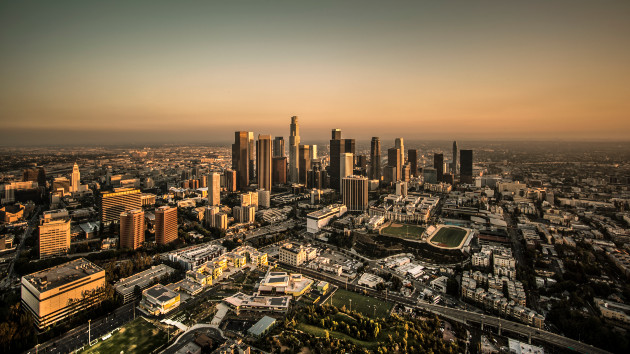(LOS ANGELES) — Hollywood writers began voting on Monday to ratify a tentative contract with the major TV and movie studios.
The agreement last week ended a nearly 150-day strike after top union brass gave writers the go-ahead to return to work before finalizing the contract.
Late-night talk shows, such as ABC’s “Jimmy Kimmel Live!” and NBC’s “The Tonight Show Starring Jimmy Fallon,” are set to return to air on Monday.
Meanwhile, roughly 11,500 members of the Writers Guild of America have until Oct. 9 to cast their vote either for or against the deal.
The contract will only take effect if it gains majority support from the union members. If the members vote to reject the contract, the two sides will have to return to the bargaining table.
The deal is set to shape employment in the industry on issues ranging from increases in pay to the use of artificial intelligence to the sharing of viewership data.
The negotiating committee for the writers’ unionlauded the tentative contract as “exceptional,” promising “meaningful gains and protections for writers in every sector of the membership.”
The tentative agreement was confirmed by The Alliance of Motion Picture and Television Producers, or AMPTP, the group negotiating on behalf of the studios. Disney, one of the studios represented by AMPTP, is the parent company of ABC News.
The contract dispute followed a decade-long shift to streaming that has dramatically changed the way audiences watch TV and movies.
In turn, writers sought not only pay increases for their immediate work but also alterations to residual payments, which is the compensation writers receive when their shows or movies are re-aired or gain popularity.
Under the tentative contract, minimum weekly pay for writers will increase more than 12% over the three-year duration of the deal, according to a summary of the tentative agreement made public by the WGA.
Moreover, various projects will see a major boost in residual payments. A feature-length project made for streaming with a significant budget will receive a 26% increase in the residual base made available to writers.
Alongside these pay increases comes a first-of-its-kind agreement forcing the studios to share the audience data for original streaming programs, which will allow the writers to understand how much their shows are being watched.
Because a non-disclosure agreement governs this stipulation, however, the data may not be made available to the public.
Another key focus for writers throughout negotiations centered on the potential use of artificial intelligence as a substitute for their work.
Under the terms of the tentative deal, AI cannot write or rewrite scripts, the WGA summary said. Meanwhile, a writer can choose to use AI if a studio approves of its use, but a writer cannot be required to do so.
The agreement does not prohibit studios from training AI on writers’ work.
Even if the writers ratify the contract, Hollywood would largely remain at a standstill.
The majority of output from Hollywood is made up of TV shows and movies that require actors. Since July, a union representing roughly 160,000 actors has been out on strike as they seek a new contract of their own, bringing Tinsel town to a halt.
The end of the writers’ strike could hasten a resolution for the actors, since both sets of workers share similar issues of concern over artificial intelligence and residual payments.
But the two professions also hold different demands in some key areas. The actors, for instance, have faced strong opposition from the studios over a demand that they receive 2% of the total revenue generated by streaming shows.
In the meantime, a prolonged work stoppage among the actors could delay the return to work for some writers.
Copyright © 2023, ABC Audio. All rights reserved.












